India’s gig economy is expanding quickly. Given the growing prevalence of gig workers, including consultants, delivery partners, and freelancers, it’s critical to comprehend the legal aspects of the industry. Income Tax Registration is one of the main obligations. If you don’t have a set employer, you may ask why this is required. This blog will discuss why registering income tax is important for gig workers.
Let’s have a look:-
1. It’s a Legal Requirement
2. Helps You Stay Organized
3. Claim Tax Deductions
4. Builds Your Financial Credibility
5. Avoids Future Hassles
6. Supports the Nation
7. It’s Simple and Convenient
It’s a Legal Requirement:
The government expects you to pay taxes if you earn more than ₹2.5 lakh per year, which is the basic exemption limit. The first step in carrying out this responsibility is income tax registration. No matter how erratic or varied their income may be, it applies to everyone, including gig workers.
If you choose not to register, you may later be subject to fines or legal issues. Additionally, paying taxes indicates that you are supporting the nation’s growth.
Helps You Stay Organized:
Your money as a gig worker may come from a variety of sources. For example, you may make money through content production, freelancing work, or app-based delivery systems. You can keep track of your earnings in one location by registering for income tax. Calculating your total income and filing taxes is easier when you maintain organization. Additionally, it lessens anxiety throughout tax season.
If you need professional help completing your Online Income Tax Registration in India, contact Eazy Startups today. You can avoid all complications with the assistance of specialists from Eazy Startups. Contact us for more details.
Claim Tax Deductions:
If you register for income tax, you can claim deductions under several sections, such as Section 80C for investments or Section 80D for health insurance premiums. Additionally, you can deduct work-related expenses such as software subscriptions, office supplies, and internet fees. You save money because deductions lower your taxable income. For instance, you can deduct ₹50,000 from your taxes if you purchase tools for your job.
Builds Your Financial Credibility:
Being a registered taxpayer increases your financial credibility. In the future, applying for credit cards, loans, and even visas will be simpler. Your Income Tax Return (ITR) is frequently requested by authorities and lenders as proof of income. Let’s imagine you wish to purchase a vehicle or a home. The process can go more quickly and smoothly if you present your ITR.
Avoids Future Hassles:
The government is being more stringent regarding Income Tax Registration. Thanks to digital platforms like the income tax portal, it is now simpler to track unregistered taxpayers. You may later receive a notification if you fail to register and pay taxes. Registering and filing your taxes on time allows you to remain ahead of the game and prevent penalties or interest costs.
Supports the Nation:
Paying taxes is a way to support India’s development. Your contributions support healthcare, education, and infrastructure development. It’s a modest yet meaningful act of kindness. As a gig worker, you are part of a dynamic and changing economy. Paying taxes demonstrates responsibility as a citizen.
It’s Simple and Convenient:
Because they believe it is difficult, many gig workers choose not to register for taxes. Online portals, however, have made the process considerably simpler. From the convenience of your home, you may register, file, and even monitor your refunds. To finish your registration in a few simple steps, use your PAN card and link it to Aadhaar.
Final Thoughts
Registering for income taxes is crucial in properly managing your finances, not just a formality. It helps you maintain compliance, save money through deductions, and improve your financial future as a gig worker in India. Begin now and enjoy the tranquillity that comes with acting morally. Contact Eazy Startups for professional help with Online Income Tax Registration in India.


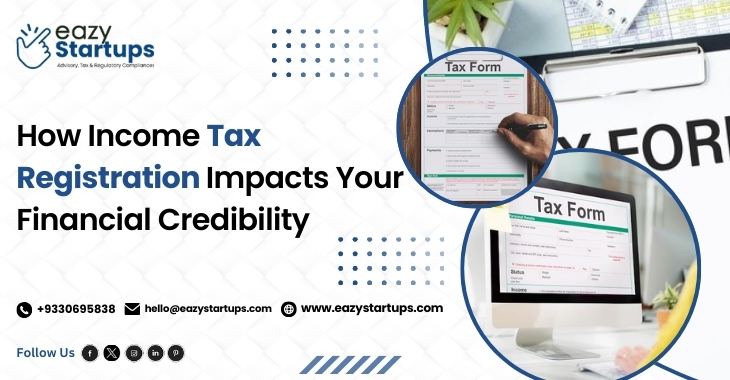
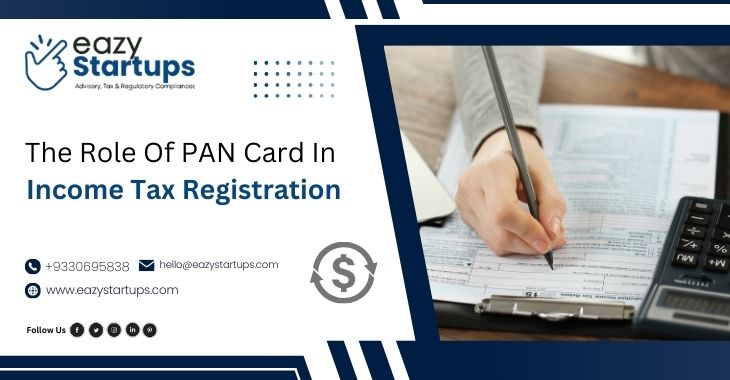
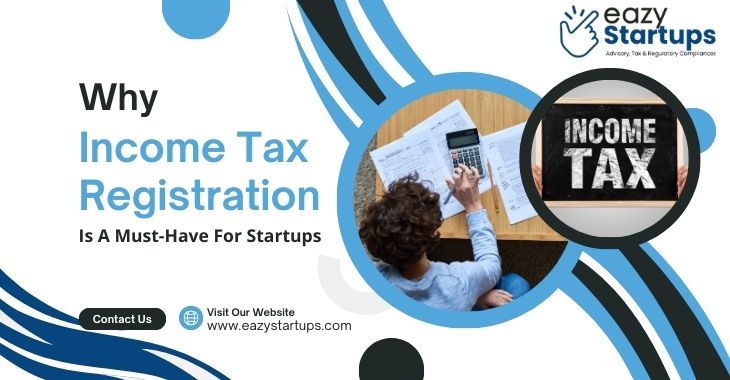
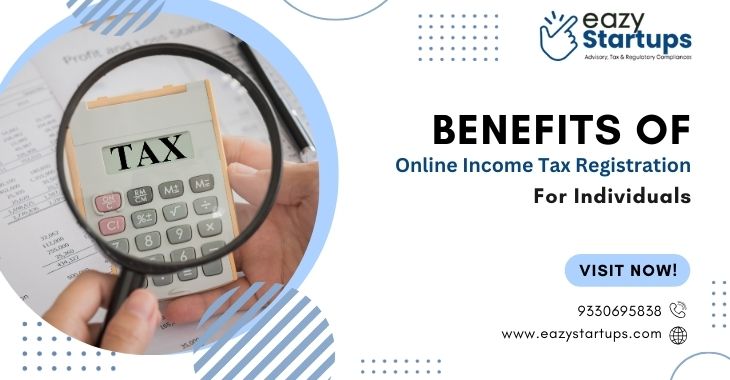


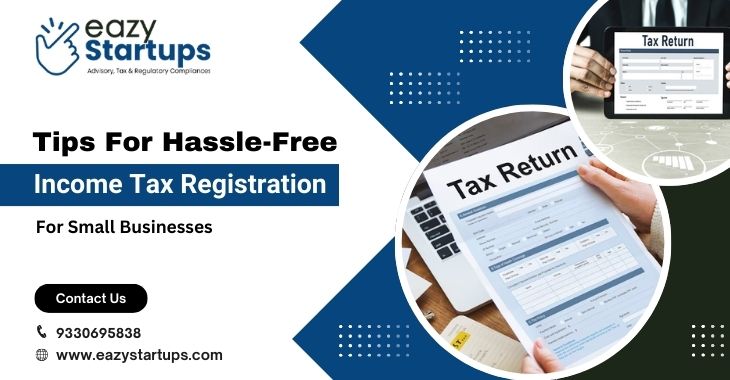
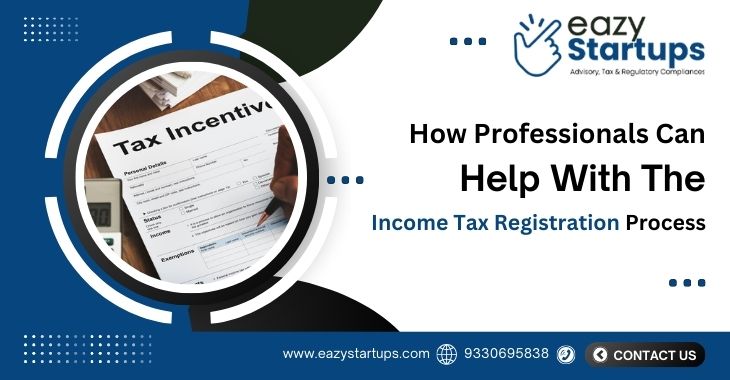
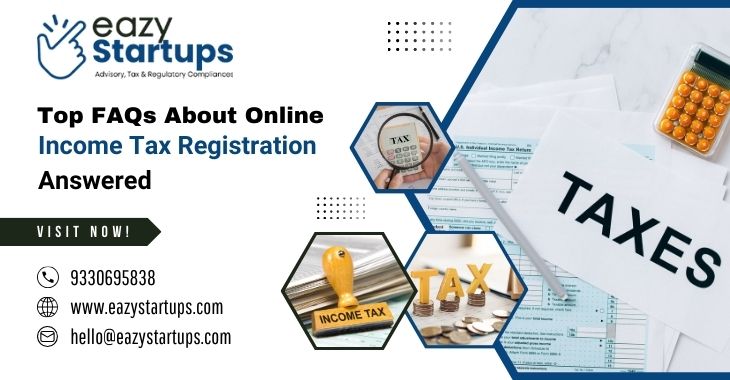
Recent Comments